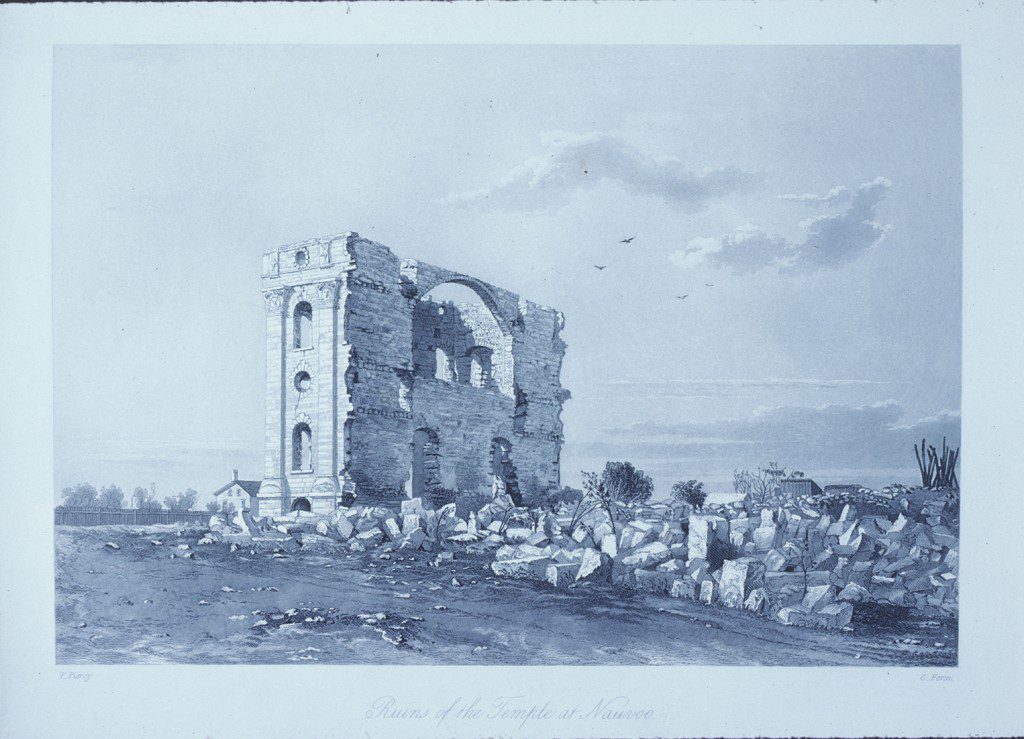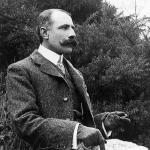
The Latter-day Saints had been driven from Nauvoo just six years before, after the murder of Joseph Smith.
I’ve been reading the new book edited by Matthew J. Grow and R. Eric Smith, The Council of Fifty: What the Records Reveal about Mormon History.
It’s extremely interesting, to me at least, and there’s much to say about it.
The most recent chapter that I’ve read is Gerrit J. Dirkmaat’s “Lost Teachings of Joseph Smith, Brigham Young, and Other Church Leaders.” Professor Dirkmaat is a scholar whose work I’ve very much enjoyed and have often recommended. (See, for example, “‘From Darkness unto Light’ takes a fresh look at recovery, publication of the Book of Mormon.”)
Anyway, I think that I’ll share a few passages, cited by Dr. Dirkmaat, from a rather emotional sermon that the Prophet Joseph Smith delivered on 11 April 1844, about two and a half months before his murder at the hands of an anti-Mormon mob.
In the course of it, writes Professor Dirkmaat, “Poignantly, and perhaps with a notion that his own death was approaching, Joseph extolled the virtues of friendship and ominously confided, ‘The only thing I am afraid of is, that I will not live long enough to enjoy the society of these my friends as long as I want to.'” William Clayton, the scribe for the sermon, not only took down the Prophet’s words but “attempted to convey the passion with which Joseph spoke, concluding the account by explaining, ‘While the president was speaking on these subjects he felt animated and used a 24 inch gauge or rule pretty freely till finally he broke it in two in the middle.'”
Anyway, here is a passage from that sermon, the text of which has not been available until very recently. Original spelling has been retained:
“For the benifit of mankind and succeeding generations he [Joseph Smith] wished it to be recorded that there are men admitted members of this honorable council, who are not members of the church of Jesus Christ of Latter Day Saints, neither profess any creed or religious sentiment whatever, to show that in the organization of this kingdom men are not consulted as to their religious opinions or notions in any shape or form whatever and that we act upon the broad and liberal principal that all men have equal rights, and ought to be respected, and that every man has a privilege in this organization [the Council of Fifty] of choosing for himself voluntarily his God, and what he pleases for his religion.”
More to come.












